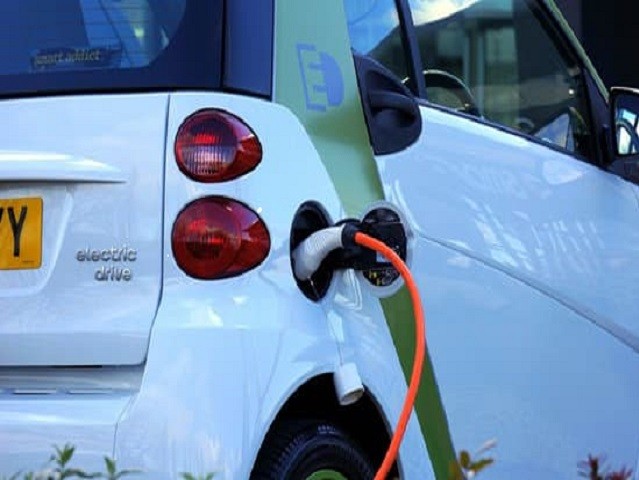ASTRABAT: developing a new battery to boost Europe’s electric mobility
Grenoble (France), 23 January 2020 - The EU-funded project, named ASTRABAT, aims to develop optimal lithium-ion (Li-ion) battery solutions for the increasing demands of the electric vehicle market in particular. The goal is to fulfil Europe’s need for a safe, high-energy, sustainable and marketable battery for green mobility that could be manufactured in Europe on a massive scale. As society turns to electric vehicles, this challenge has now become acute, with Asian competitors well ahead in the game. Led by France’s CEA, the 4-year project will focus on developing a better, safe and environmental-friendly cell architecture. This will come with an all solid-state electrolyte design suited to the new high-energy electrode materials and compatible with current mass-production processes. More specifically, the main objectives of the project are: 1. To develop materials for a solid hybrid electrolyte and electrodes enabling high energy, high voltage and reliable all-solid-state Li-ion cells; 2. To adapt the development of new all-solid-state batteries to a conventional process adopted for manufacturing electrodes in Li-ion cells; 3. To design an all-solid-state-battery architecture for the next generation of 2030 Li-ion batteries; 4. To define an efficient cell architecture to comply with improved safety demands; 5. To generate a new value chain of all-solid-state batteries, including eco-design, end of life and recycling. The project is run by a consortium of 14 partners from 8 European countries, including leading research centres and universities, as well as companies in the area of battery and energy. These parties have extensive track records in the field of battery and associated technologies, including state of the art electrochemistry and modelling. ASTRABAT is funded by the Innovation and Networks Executive Agency (INEA) of the European Commission, for a total budget of approximately € 8M. The project is part of a broader drive by the European Union to boost electric mobility in order to help achieve its goal to slash greenhouse gas emissions by 80-95% by 2050. It is of strategic importance for Europe to come up with a competitive Li-ion battery and become self-sufficient in its energy transition models. Further information Online channels: Website: astrabat.eu | LinkedIn: @astrabat-project | Twitter: @astrabat Overview: Horizon 2020 Grant Agreement number: 875029 Duration: 42 months (1 January 2020 – 30 June 2023) Project Coordinator: Commissariat à l‘énergie atomique et aux énergies alternatives (France) Consortium: 14 partners from 8 countries (Belgium, France, Germany, Italy, Poland, Slovenia, Spain, Ukraine) • Commissariat à l‘énergie atomique et aux énergies alternatives (France) • Fraunhofer-Gesellschaft zur Förderung der angewandten Forschung e.V. (Germany) • Politechnika Warszawska (Poland) • Umicore (Belgium) • Nanomakers (France) • DAIKIN Chemical Europe GmbH (Germany) • Université de Limoges (France) • Leitat Technological Center (Spain) • Leclanché GmbH (Germany) • Yunasko-Ukraine LLC (Ukraine) • ELAPHE pogonske tehnologije d.o.o. (Slovenia) • LOMARTOV S.L. (Spain) • Fondazione iCons (Italy) • PSA ID (France) Contact: Sophie Mailley (Project coordinator) Commissariat à l‘énergie atomique et aux énergies alternatives E-mail: coordinator@astrabat.eu Phone: +33 4 3878 2531 Press contact: Giulio Mazzolo Fondazione iCons – iCube Programme E-mail: info@astrabat.eu Phone: +39 0371 091065



